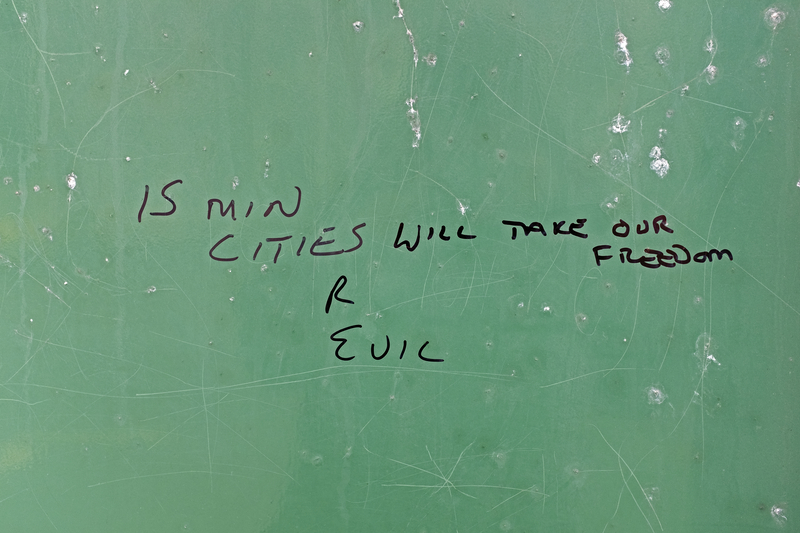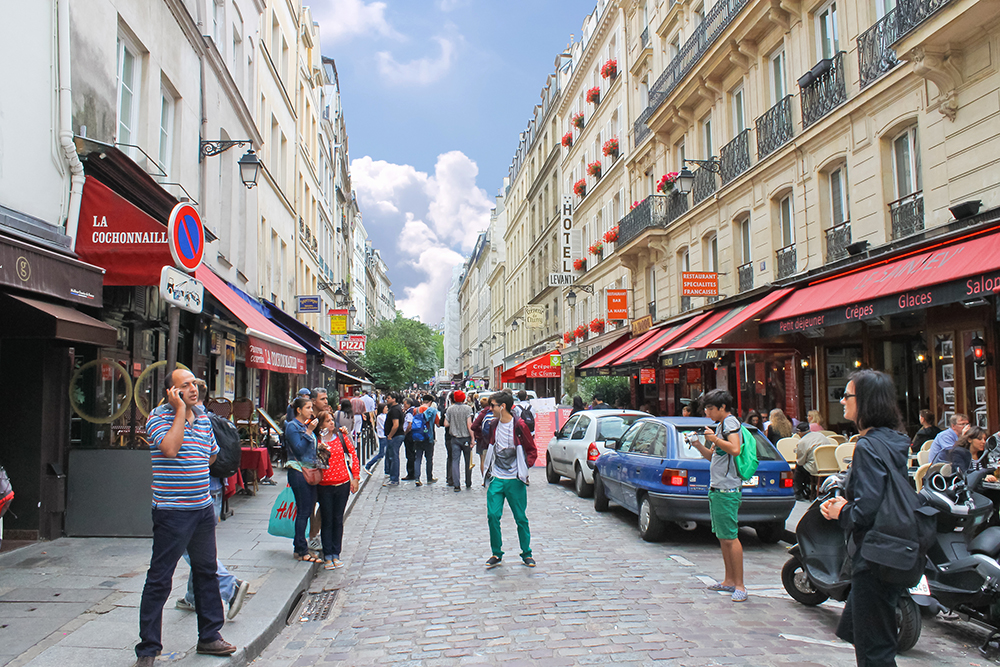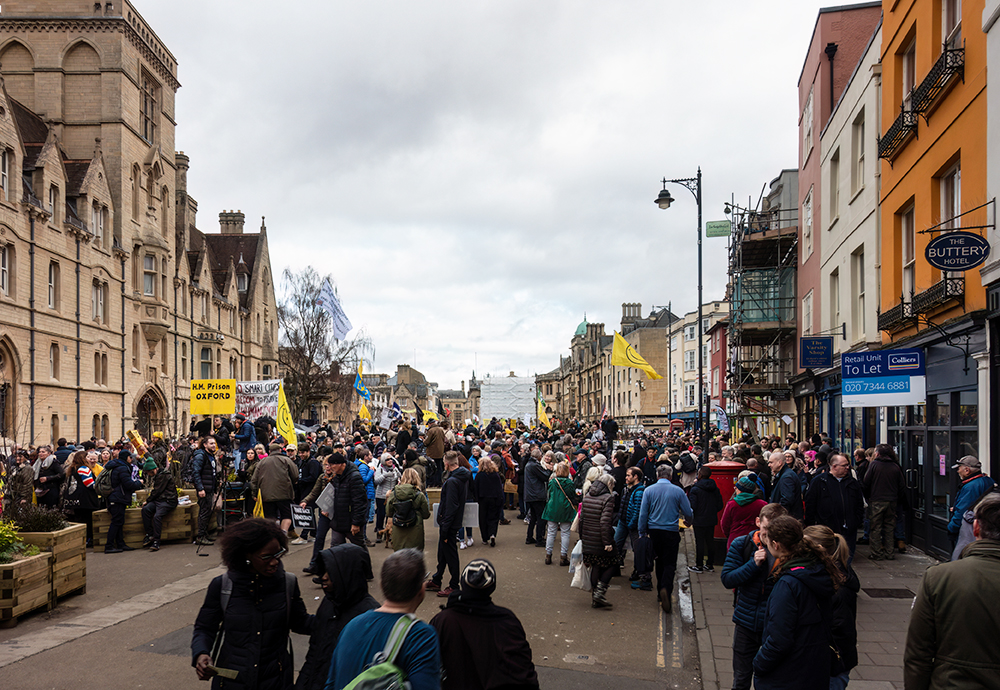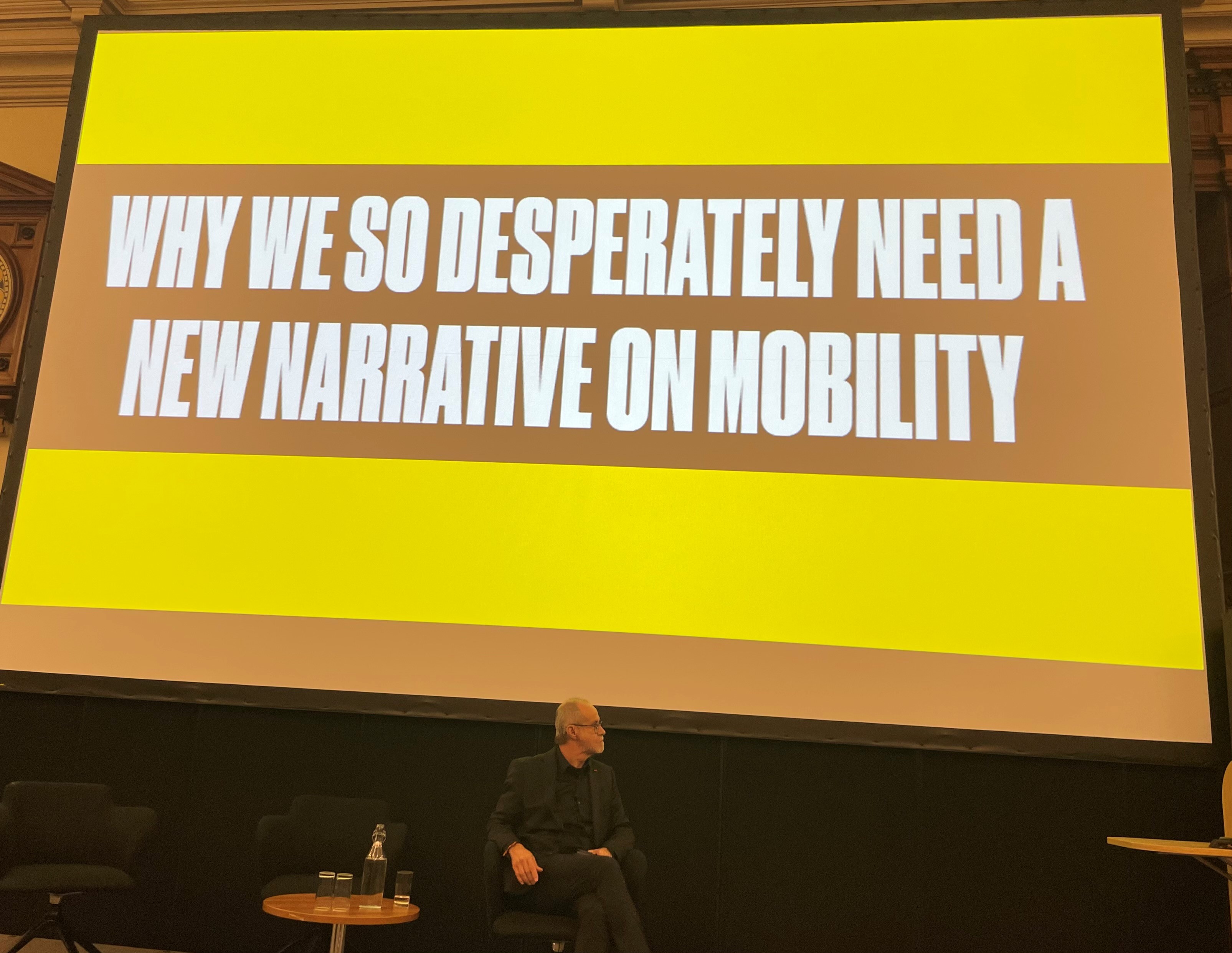
Whether you call them ciudades de los 15 minutos, la ville du quart d’heure or plain old 15-minute cities, the idea is the same: all amenities that urban dwellers need should be in a 15-minute walk or bike ride from where they live. It’s an urban planning concept designed to make cities more liveable, create new economic opportunities, make people happier and healthier, and reduce our carbon footprint. People – not cars – will be at the centre of city living. Cities will adapt to humans, rather than the other way round.
What the 15-minute cities concept emphatically does not say is that those same cities will be divided into fenced zones from which citizens will be unable to leave without flashing their biometric details. Nor is it a blueprint for socialist dystopia. Moreover – this barely seems to need pointing out, but you never know – it is not the precursor to a World Government installing 5G chips into Earth residents, the better to exercise mind control.
Are 15-minute cities a Marxist conspiracy? Er, no
Truth hasn’t stopped these ideas – and many more, some of them even more bonkers - seeping into demonstrations in the UK and Canada, with shock, panic, shouting in the streets, and rent-a-quotes on tap. A number of things seem to have been conflated in these protests – in no particular order: deliberate misunderstanding and misinformation; genuine ignorance; legitimate concerns about the roll-out of low-traffic neighbourhoods and urban vehicle restrictions; the spectre of Covid lockdowns; a brutal cost of living crisis; climate change denial; and Big Brother overreach. This is not an exhaustive list.
In the latest issue of ITS International, we’ve laid out the facts as they stand, including as much scepticism about 15-minute cities as the concept reasonably warrants. Professor Carlos Moreno, who came up with the idea, talks about his thought process with us. He also talks about the death threats he’s received.
If you want to see a global conspiracy round every corner, then it is easy to join dots. The fact that these are dots which should only be joined in a fever dream is not the point: opinion trumps fact in a post-truth world. But this farrago is in danger of rendering a sensible idea into something utterly toxic.
The choice is not to use your car
The 15-Minute City isn’t an attack on car use or car users; it isn’t a Marxist attempt to restrict people’s freedom of movement or freedom of choice; and it isn’t an example of Big Brother overreach. Rather, it’s one type of ideal: promoting active travel and, crucially, giving people the choice not to have to use their cars. Perhaps messaging from local authorities needs to be improved.

People in general don’t like things imposed on them from above if they haven’t been – or feel they haven’t been - consulted. You can still take your SUV to the out-of-town retail park; you can still drive half a mile to drop off your kids at school if you really want to; you are free to sit in traffic jams to your heart’s content.
Today, the focus of the tinfoil hat brigade is 15-minute cities. Tomorrow, who knows? Something else will have caught the magpie eye of the credulous. Another issue will be du jour for the cheerleaders with their own agendas. They can twist and debase another idea. There’s always something else.












